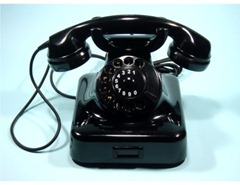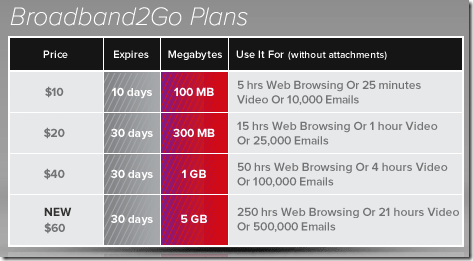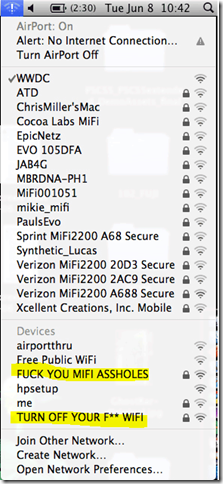Interesting debate at ZDNet over wireless data plans: James Kendrick claims that unpaid tethering makes you a thief. Thankfully his fellow ZDNet-er Steven J. Vaughan-Nichols has the common sense to dispute this tethering thief nonsense.

Yes, technically if your wireless contract includes an anti-hotspot clause and you turn this feature on, you are in violation. Of the contract, that is. Your provider has the right to levy additional charges, or terminate your contract. But does that make you a thief? I’d much rather conclude your provider commits highway robbery.
Remember this device?
Yes, phones used to look like that. And there was a time when phone companies (actually, “the” phone company, Ma Bell) charged extra when you had more then one outlet in your home….
Remember the early days of cable TV? You had to ( well, were supposed to) pay extra for each additional cable outlet.
How about the early days of the Internet, before wireless became pervasive? Yes, ISPs expected you to pay extra for each outlet…
(Cross-posted @ CloudAve » Zoli Erdos)

 If you’re a frequent traveler, you’re likely better off buying a MiFi or using your late-model cell-phone’s HotSpot capability than paying those outrageous hotel surcharges. If you’re a frequent conference-goer, you’ve already learned they all fail to provide reliable connection(Web 2.0, LeWeb, Gnomedex, Microsoft PDC, Google I/O, just to name a few recent examples), so the only solution is
If you’re a frequent traveler, you’re likely better off buying a MiFi or using your late-model cell-phone’s HotSpot capability than paying those outrageous hotel surcharges. If you’re a frequent conference-goer, you’ve already learned they all fail to provide reliable connection(Web 2.0, LeWeb, Gnomedex, Microsoft PDC, Google I/O, just to name a few recent examples), so the only solution is 




Recent Comments